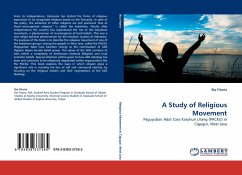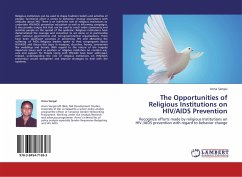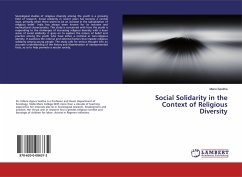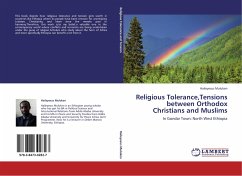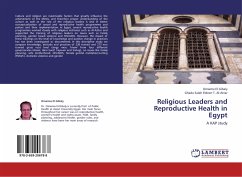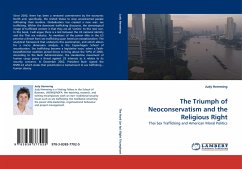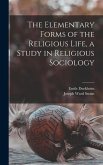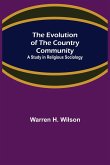Since its independence, Indonesia has limited the forms of religious expression to six recognized religions based on the Pancasila. In spite of the policy, the existence of other religions are still practiced. One of these unrecognized religions is called the kebatinan. Shortly after independence the country has experienced the rise of the kebatinan movement, a phenomenon of re-emergence of local beliefs. This was a new religio-political phenomenon for the newborn country of Indonesia. The purpose of this book is to describe the religious movement of one of the kebatinan groups among the people in West Java, called the PACKU (Paguyuban Adat Cara Karuhun Urang) as the continuation of ADS (Agama Djawa Sunda) belief group. The values of the ADS continue to exist within a complexity of Indonesian National Religions and local animistic beliefs. Special attention will be given to how ADS ideology has been and continues to be religiously negotiated within organizations like the PACKU. This book explores the ways in which religion plays a significant role in resisting the loss of self and communal identity, by focusing on the religious leaders and their negotiations of the ADS ideology.
Hinweis: Dieser Artikel kann nur an eine deutsche Lieferadresse ausgeliefert werden.
Hinweis: Dieser Artikel kann nur an eine deutsche Lieferadresse ausgeliefert werden.

